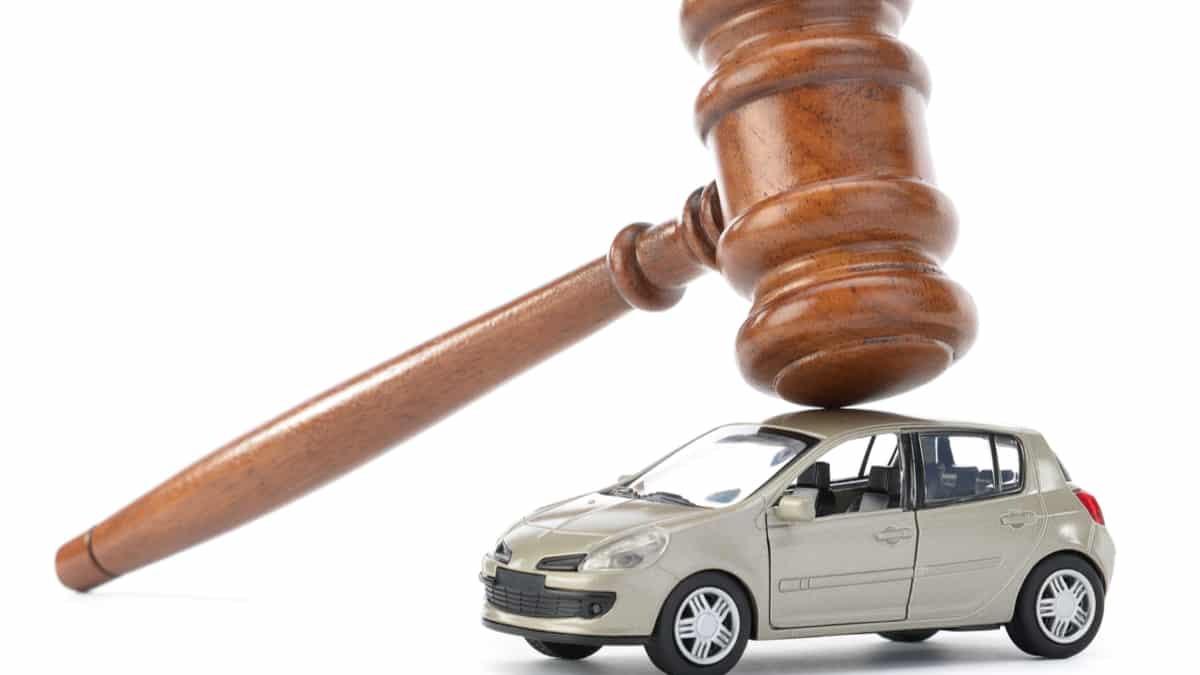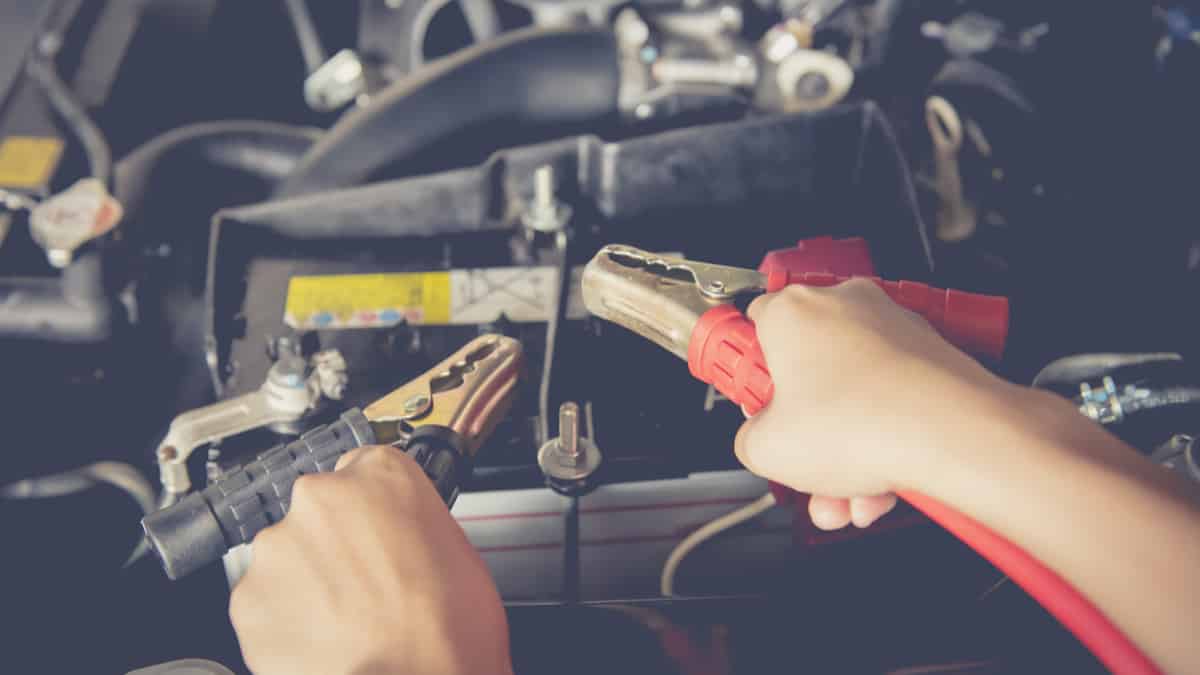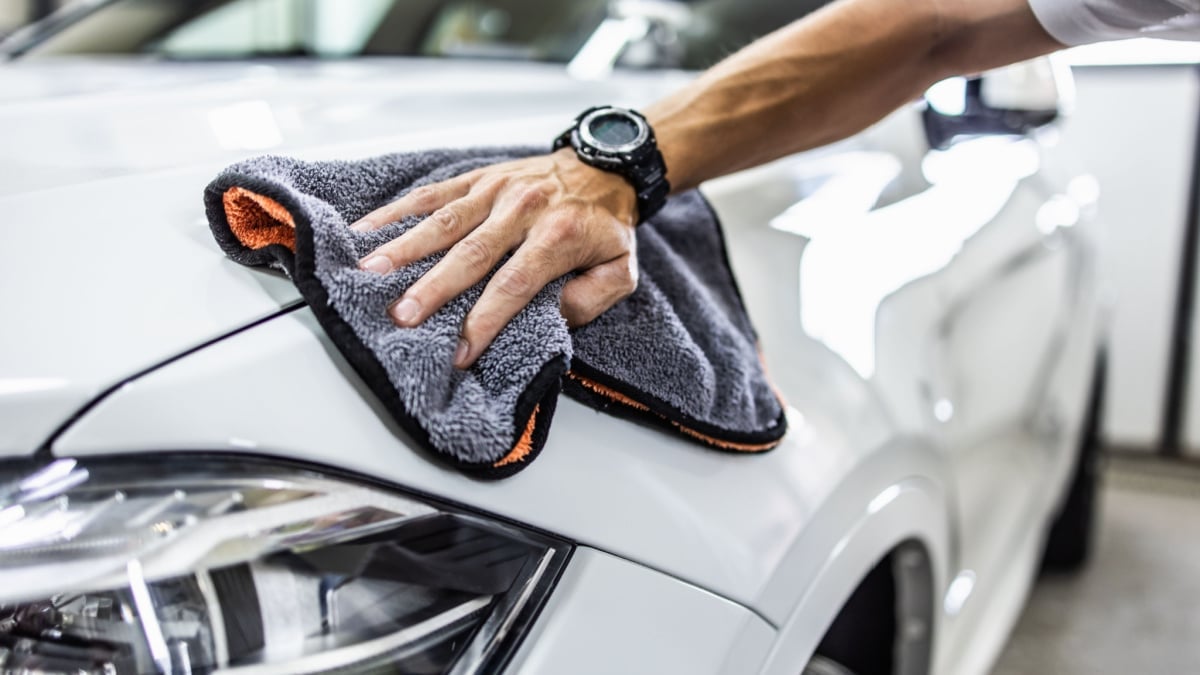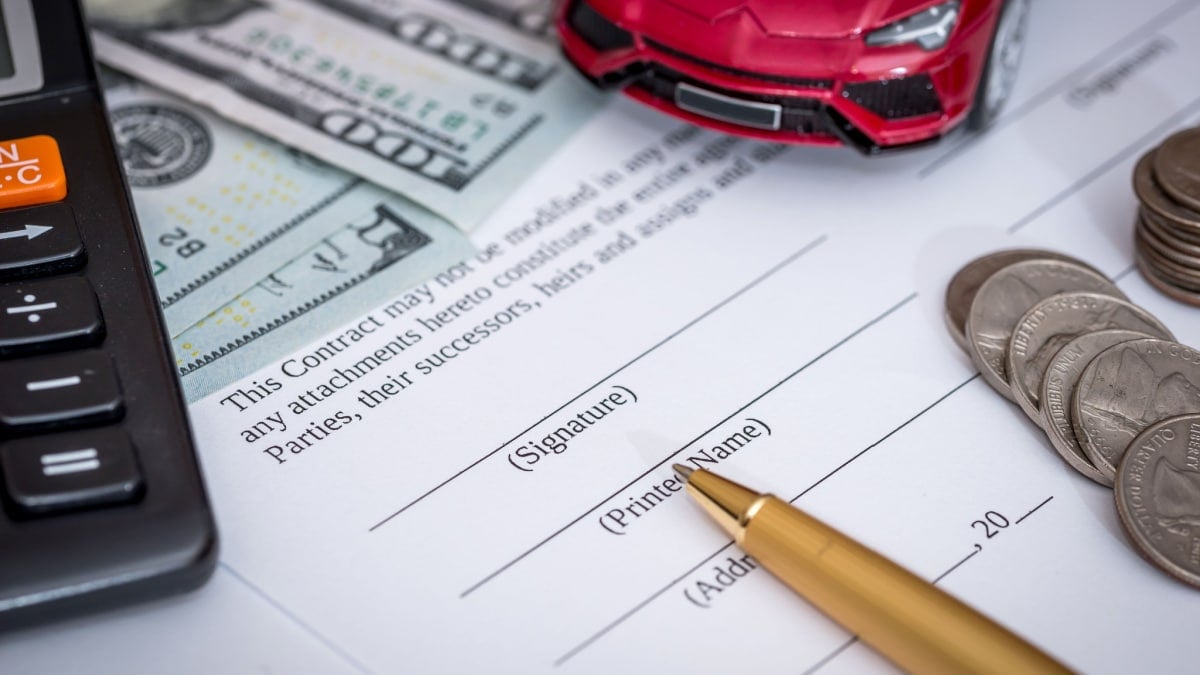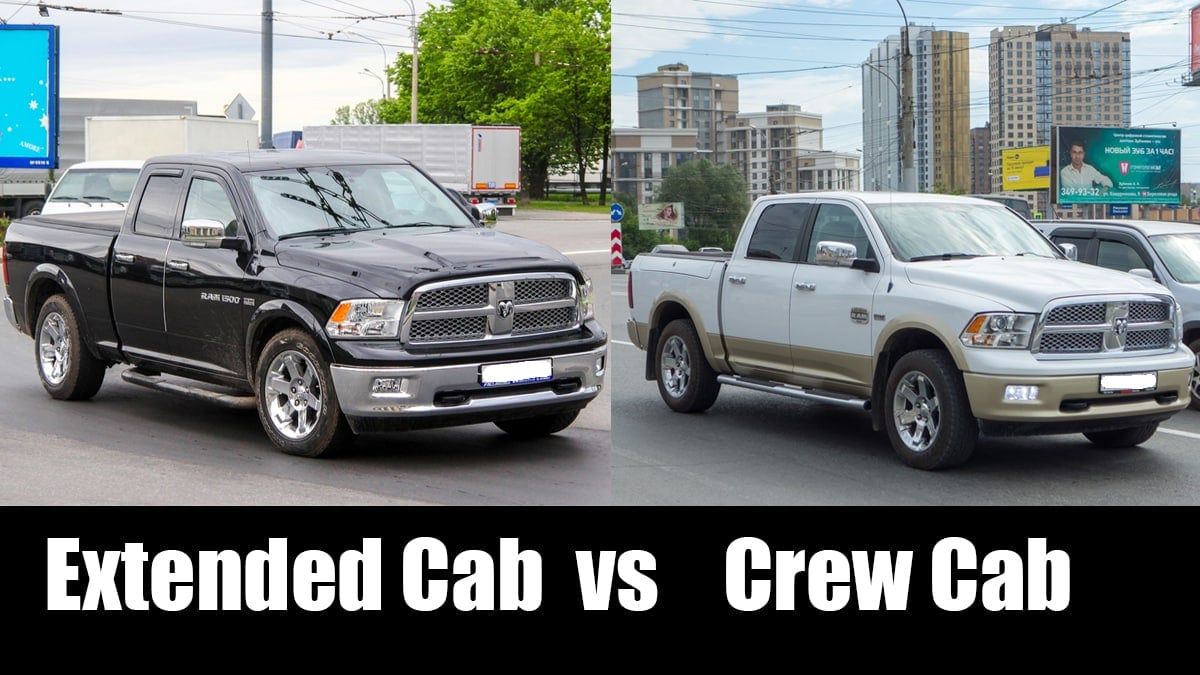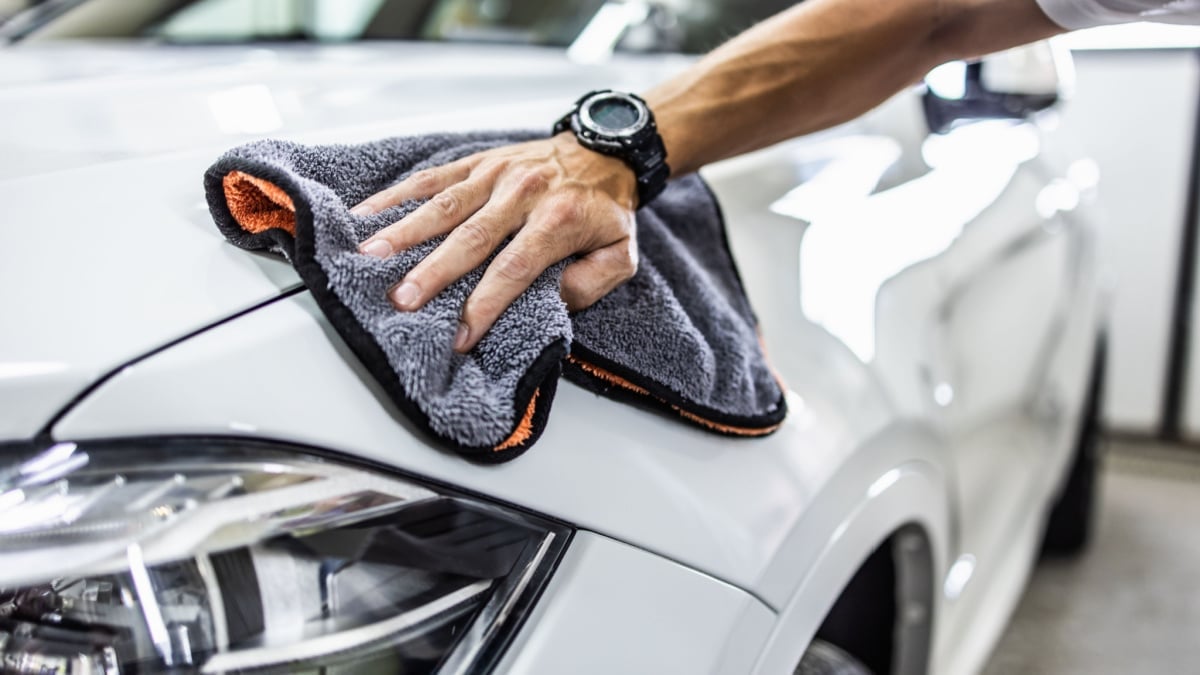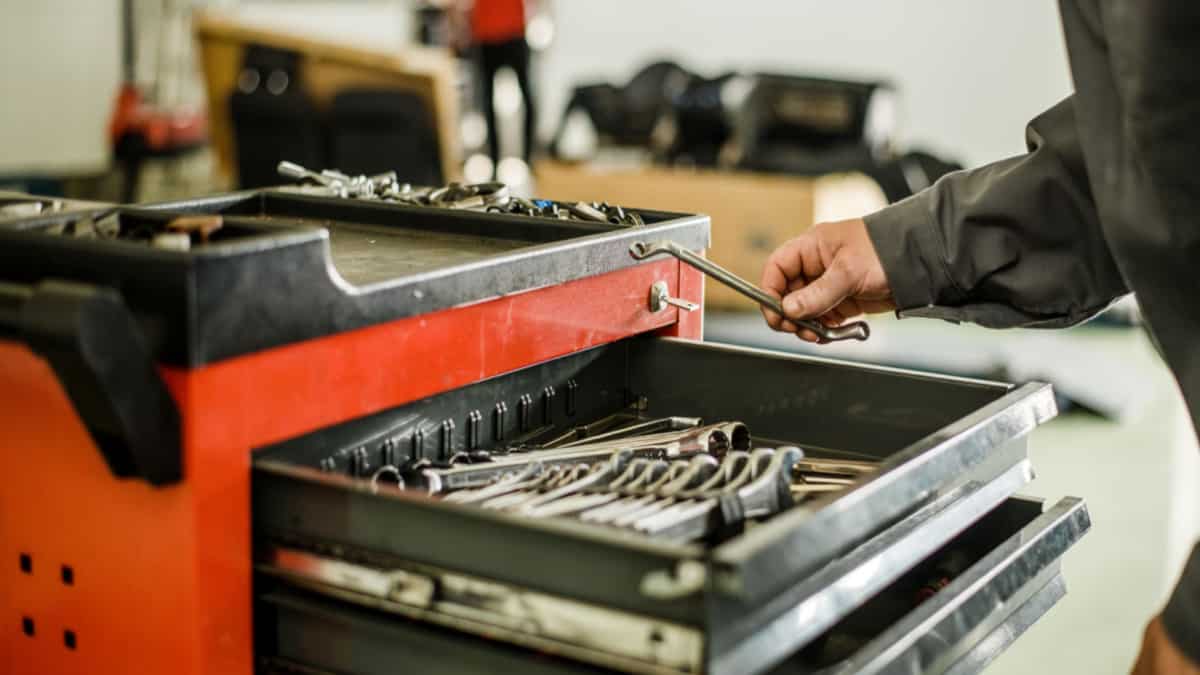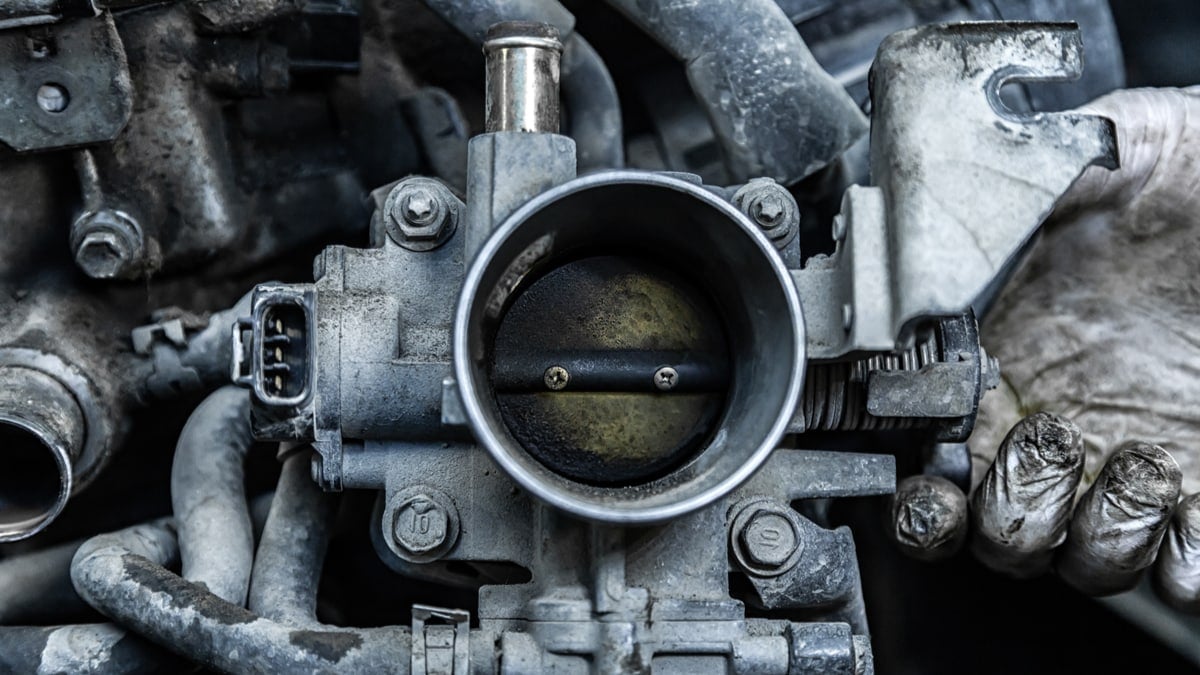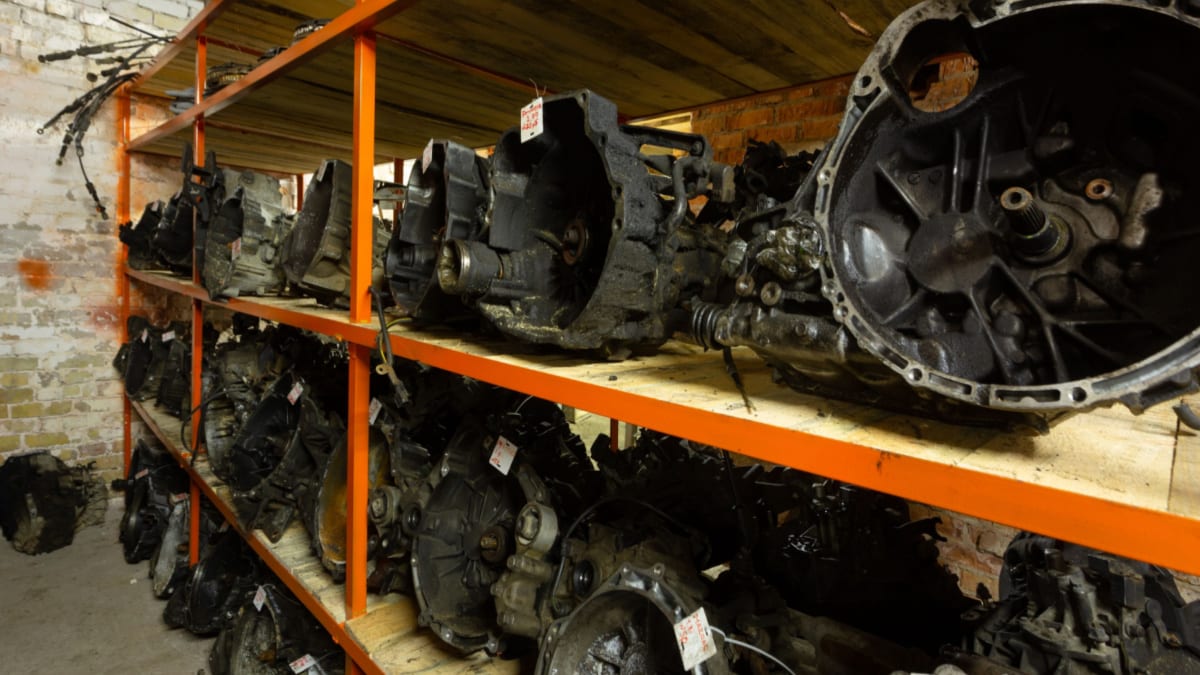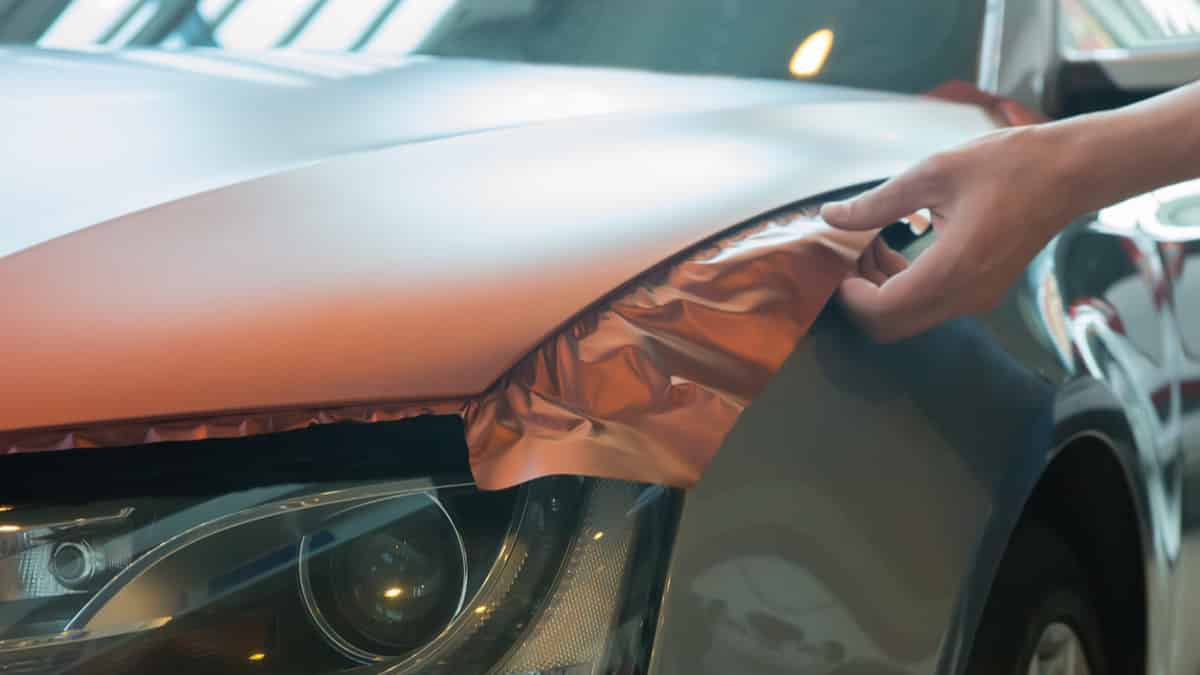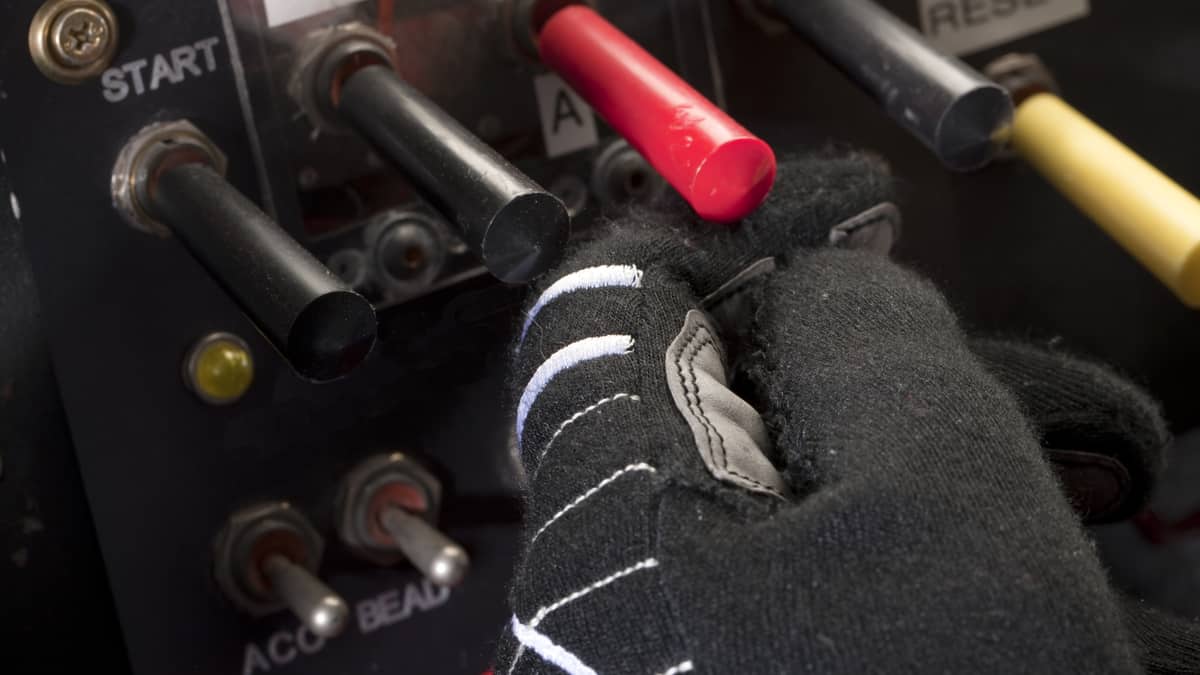You can’t get out of the dealership before you are pressured into adding an extended car warranty, even if your vehicle is brand-new with a factory warranty. What is this extended car warranty and is it worth the cost you are going to spend?
In this guide, we examine the reasons why an extended car warranty might be beneficial to you and why you might opt out. We also explain the extended car warranty, show you what types are available and give you approximate prices, so you know what you might spend.
Is It Worth it to Have an Extended Car Warranty?
For many people, extended car warranties aren’t needed. If you have a reliable car and are prepared to pay for repairs, you can pay for these out of pocket. However, if your car is questionable and you aren’t ready for the cost of repairs, a warranty might be beneficial.
If you are financially able to put money aside for repairs, this might be a better option for you. By saving up for the repairs, you are prepared for the unexpected, plus you also get to keep the money if nothing should fail.
What Does an Extended Car Warranty Cover?
There are various types of extended car warranties available. Some will cover the major components, while others operate as a bumper-to-bumper plan. You are only going to receive coverage for the component laid out in the plan.
That’s why it’s important to look over the documentation of the extended car warranty carefully. You don’t want to think that you have protection for items that aren’t included.
RELATED: How to Check if a Car Is Still Under Warranty
Manufacturer vs. Third-Party Extended Warranties
1. Parts
With your car’s manufacturer warranty, you are going to visit the dealership for repairs. In most cases, these technicians are going to use OEM parts to keep the vehicle in like-factory condition.
With the extended car warranty, there’s more flexibility. Technicians aren’t required to use OEM parts, so your vehicle will likely have aftermarket parts installed instead.
2. Technicians
To get warranty coverage on your new car, you must visit a participating dealership. The technicians will handle the warranty claim and repair your vehicle.
On the other hand, you can visit a broad range of mechanics with most extended car warranties. It’s important to evaluate the terms before you sign up, ensuring complete flexibility.
3. Transfers
With the manufacturer’s warranty, you don’t need to worry about coverage when you sell the car. It’s easy to transfer the warranty to the new buyer.
Extended car warranty companies provide different terms. Some companies allow you to transfer the policy, but there might be a fee involved.
4. Sign-up
As you sit at the dealership, your new car warranty goes into effect. There’s no option, so you know you are driving away with coverage.
While you can get the extended car warranty at the same time, there’s a lot more flexibility. You can choose to add an extended car warranty through the dealership or with a third-party provider at any time.
5. Term
The new car warranty comes with a term already designated by the manufacturer. You know what this term is up-front.
With the extended car warranty, you can choose from a variety of term lengths. You can choose something short-term or opt for a lengthier agreement.
6. Deductible
Most new car warranties don’t have a deductible to worry about. If something goes wrong with your vehicle, you take it to the dealership and everything is handled.
On the other hand, you’ll likely have a deductible with the extended car warranty. Plus, you might need to pay for the repairs upfront and have the warranty company reimburse you.
RELATED: How to Negotiate the Best Price for an Extended Warranty (7 Tips)
Types of Extended Car Warranties
1. Bumper-to-Bumper
The bumper-to-bumper is the most inclusive of your options. It’s similar to what’s included with a new car warranty.
The coverage includes just about every vehicle system and part that could fail. It’s only going to exclude items considered normal wear and tear or anything that gets damaged because of abuse.
2. Powertrain
The powertrain warranty is going to cover most of what’s needed to propel the vehicle. With this protection, the engine and transmission are covered.
Additionally, the drivetrain is covered. These powered components are needed to move the wheels of the vehicle.
3. Drivetrain
The drivetrain and powertrain warranty are often confused for one another. While they are similar, the drivetrain warranty doesn’t cover as much.
With this type of powertrain warranty, all of the drive components are included. However, the engine will be excluded.
4. Corrosion
Corrosion warranties aren’t typical with extended options, but they can be found. Normally, people only receive this coverage when the vehicle is new.
If chosen, the corrosion warranty will cover any rust that occurs on the body. Because this damage can be expensive to repair, you may choose to add this on for an extra cost.
Extended Warranty Pros
Protects From Costly Repairs
The main reason to have an extended car warranty is to save money on repairs. If something major breaks, you can save a lot of money by using this coverage.
Instead of paying for the repair, you will only need to cover the deductible. From there, the provider is responsible for the remainder of the covered repair.
Flexibility
With an extended car warranty, you can take your vehicle to a variety of shops. Unlike the factory warranty, you don’t have to go to the car dealership, although you probably still can if you want.
Instead, you pick a provider that works with your coverage. It’s best to look at this information before you sign up for a plan to ensure that you can go where you want.
Extended Warranty Cons
Unused
It’s common for people to purchase an extended car warranty and never use it. If you don’t, you’ve spent a good amount of money for nothing.
In many cases, the car may also need a repair that would’ve cost less than the coverage did. In this case, you would have spent less overall just to pay for the repairs yourself.
Overlapping Coverage
If you choose an extended car warranty that overlaps with the factory warranty, you are paying for something you might not need. You already have complete protection that doesn’t cost you anything extra.
Plus, with your extended car warranty, you aren’t going to be able to use it until the factory warranty lapses. That’s why it makes more sense to wait until the manufacturer’s warranty is ending to get new coverage.
Lack of Coverage
The extended warranty isn’t going to cover every aspect that could fail. It’s important to understand what’s covered based on the protection you choose.
You don’t want to be shocked when a repair bill comes your way because the parts aren’t included. You also save some time knowing what parts aren’t covered, so you don’t try to file a claim for it.
Confusing Terms
There are many terms that have to be reviewed before you sign up. Otherwise, you are in for some shockers. For starters, you must know where you can take the vehicle for service. Many plans require particular facilities for the covered repairs. You might also need to pay for the repair and wait for reimbursement.
Aside from this, there could be depreciation clauses included. The repair may only pay for a portion based on depreciation values. Additionally, these warranties allow for aftermarket parts to be used, so you may not get the same level of reliability that you would when using the factory warranty.
Extended Car Warranty Cost
On average, the extended car warranty costs around $1,000 to $2,500. However, you could find plans that are less or more expensive, so it’s important to shop around.
The price depends on several factors. Warranty companies are going to evaluate the type of vehicle you drive and how many miles are on it. The higher the mileage is, the more likely the car will break down, making it more of a liability, so the price will go higher.
You can also adjust the price based on what type of coverage you want. The standard powertrain coverage is going to cost less than bumper-to-bumper plans, but it also won’t cover as much. Take your time before making any decisions.
Can you buy an extended car warranty after purchase?
Yes! An extended warranty can be purchased after a car has been bought. The terms and conditions of the extended warranty will likely vary depending on the provider, so it’s important to read over the agreement carefully before signing up.
What does an extended car warranty does not cover?
Extended warranties typically don’t cover normal wear and tear, damage from accidents or abuse, and anything that was already covered by the manufacturer’s warranty. Sometimes they also exclude items like batteries, tires, and light bulbs. Be sure to read the fine print of any extended warranty you’re considering before you buy it so you know exactly what is and isn’t covered.
Why is an extended car warranty bad?
While not all extended car warranties are bad, an extended warranty can be bad for a few reasons. First, it’s usually expensive. Second, it’s usually not necessary. And third, it sometimes doesn’t cover the things that often go wrong with your car.
How long does an extended car warranty last?
An extended car warranty typically lasts for 1-3 years beyond the standard manufacturer’s warranty. So, if your car has a standard 3-year/36,000-mile warranty, an extended warranty would add coverage for 1-3 years and up to an additional 36,000 miles.
Categories: Finance


